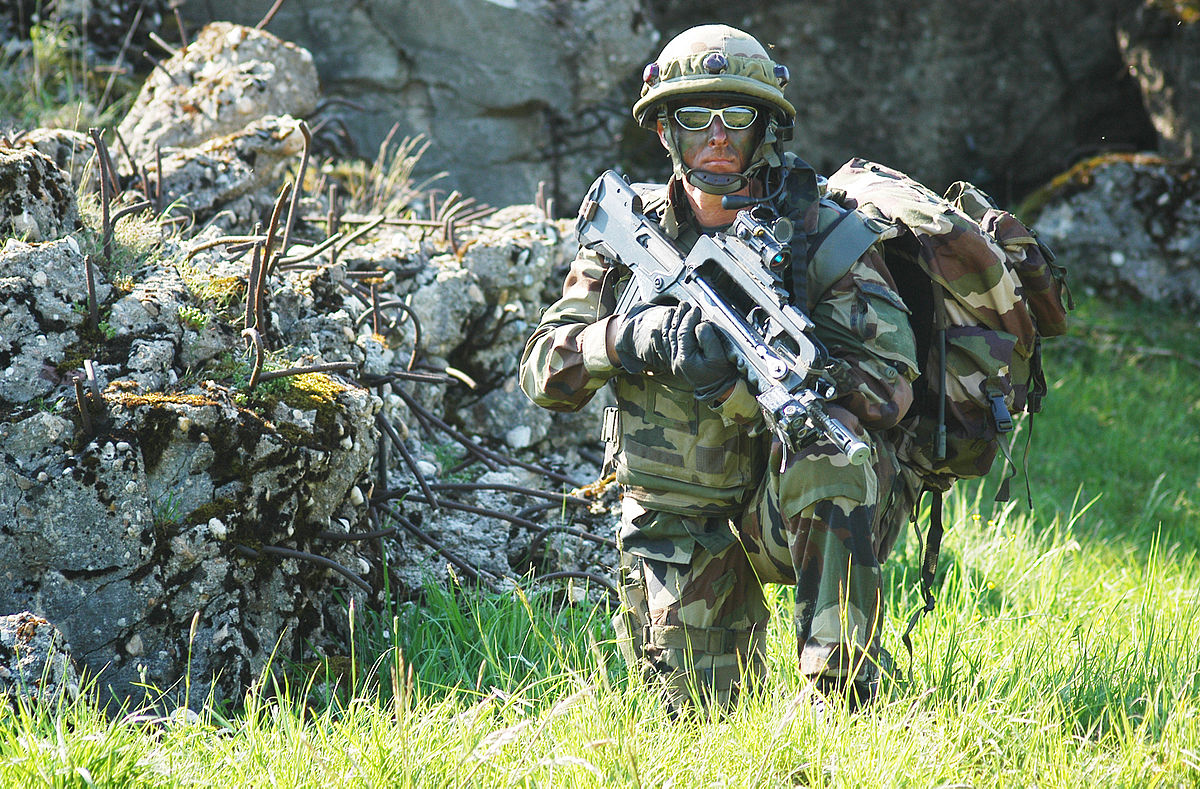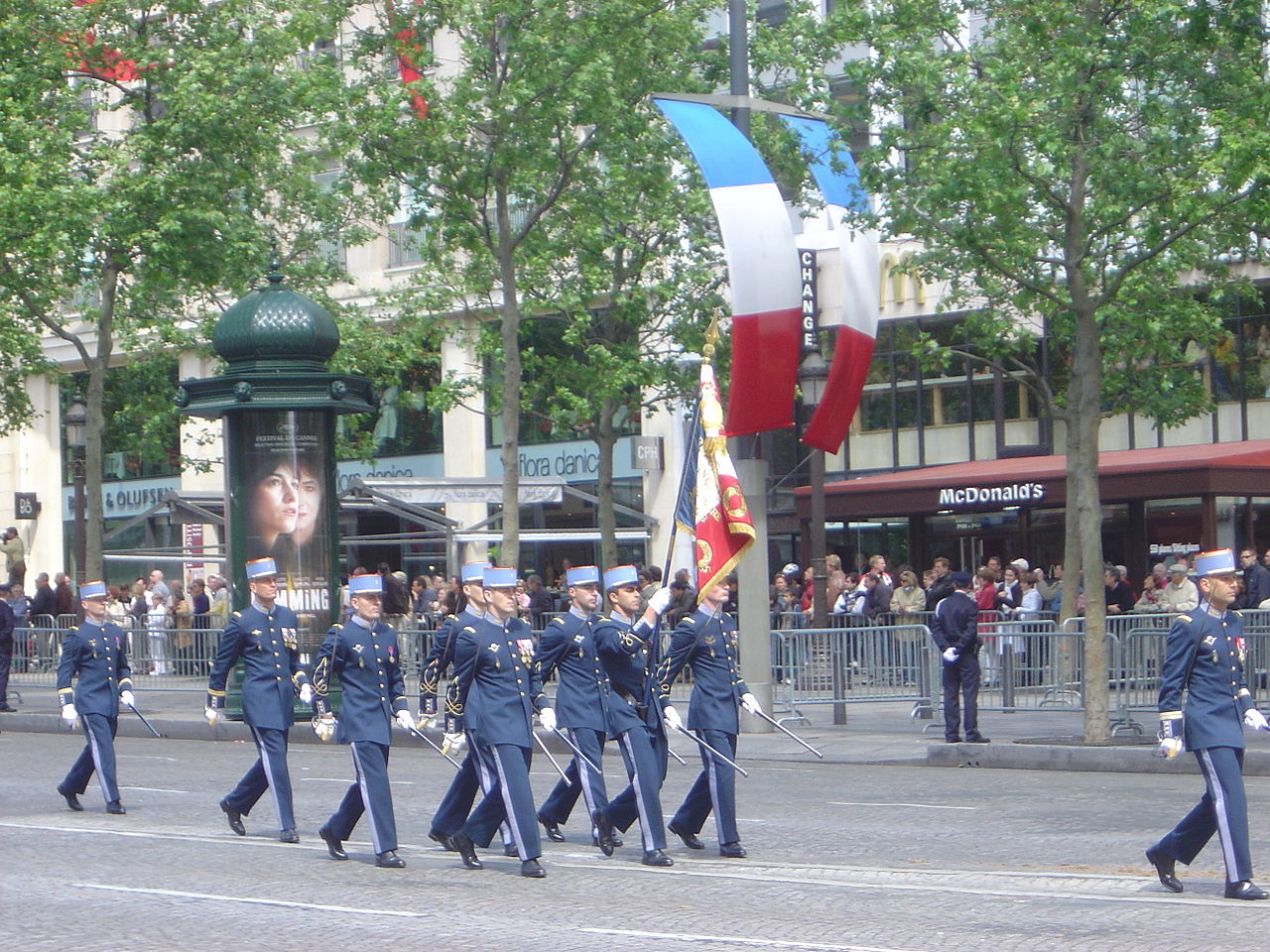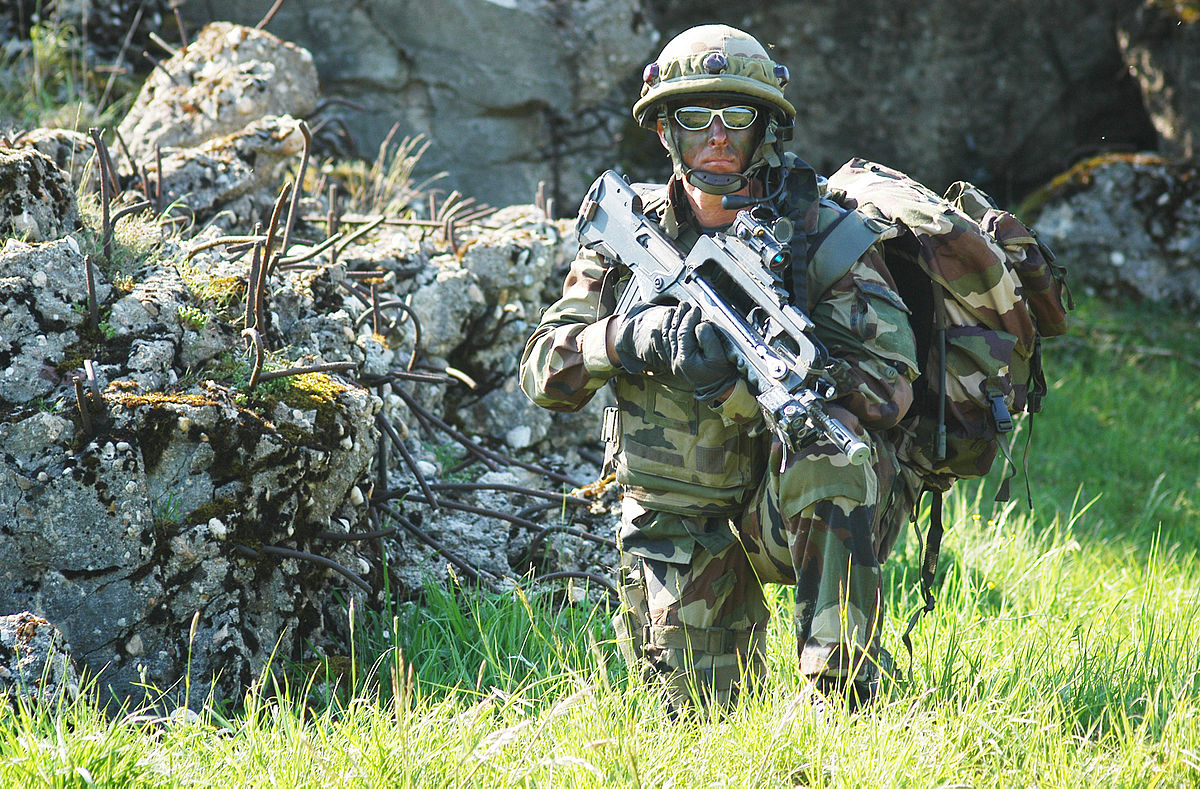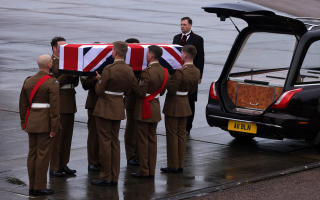
France’s Military Victories That Tend To Get Overlooked

Mention 'war' and 'France' in the same breath and there is often a tendency for this to be met with ridicule.
Many will be well aware of some of the disparaging terms about French ‘surrender’ – but is this simply because of the legacy of just one controversial moment in French history in the Second World War, when France fell to Nazi occupation under the Vichy regime that collaborated with Germany?
For some, the rapid fall of France to Hitler's forces in 1940 seems to suggest that the country is not a strong military power, and that it does not have much of a track record of military success.
This reaction, however, tends to overlook France's hundreds of years of victory and winning in war, not to mention its zeal for going to battle in revolution, as the annual Bastille Day, or Fête de la Fédération as it is known in France, highlights each year on July 14.
Even a cursory look over the long list of wars France has been involved in reveals a huge number of military victories.
Furthermore, the truth about the fall of France in 1940 is far more complex than the appeasing and lacklustre military defence stereotype makes out. It is impossible to appreciate the desire to find “Peace in our time” (as our own Prime Minister Neville Chamberlain put it) in the years before World War 2 without letting the impact of World War 1 sink in. Britain lost almost a million lives in the First World War, out of a population base of around 45 million. France lost around 1.3 million of its soldiers, out of a population of 40 million.
The Germans also benefitted from a certain amount of luck during their 1940 invasion of France, including a last-minute change of plan that led to the surprise breakout from the Ardennes that so stunned the Allies. This was followed by a decision from a German general on the ground (Heinz Guderian) to send his tanks on an unexpectedly rapid advance.
The truth, then, is far more complex than any silly stereotype. As Tim Marshall explains in ‘Prisoners of Geography’, France’s coastline and mountains in the south have always made it generally very defensible, its weakest area being the flat plains in the north that the Germans were able to exploit during World War 1 and the Franco-Prussian War.
The French have a strong military today, and this continues a tradition of military victories throughout history. Here are some good examples.
The Malagasy Uprising (1947 – 1948)
This serves as an example of a military victory won by France in the post-war years.
The Malagasy Uprising can also be contrasted with the Algerian War of Independence. Both led eventually led independence for formerly subject peoples, though the latter came towards the end of a conflict that ran from 1954 to 1962, with President Charles de Gaulle declaring that Algerians had to right to choose independence if they wanted it. (He was later targeted for assassination for this by far-right members of the French military).
Madagascar would also gained independence (in 1960), though only years after the defeat of Malagasy Uprising of 1947 – 48 against French colonialism in Madagascar.
In this case, any issue for France militarily was not a loss, since its forces regained control of the colony quickly. Rather, it was the inhumane methods deployed in the process (something the British have similarly faced accusations for in their post-World War 2 involvement in Kenya.)
World War 1 (1914 – 1918)
The French were part of the winning side during the First World War, a conflict that to a large degree took place on their soil.
What is more, as previously mentioned, they had to contend during the early years of the war with a mighty Germany. Although its attention was split between the Eastern and Western Fronts, it had some support in its ally Austria-Hungry. Germany’s population in 1914 was around 70 million, as compared to 40 million for France (as previously mentioned.)
The French did much of the fighting on the Western Front in the early years of the war whilst Britain expanded its comparatively small pre-war army into a continental-sized force, and process that took time. In the meantime, France held off Germany and won victories during the conflict, albeit many pyrrhic ones. (Click here and here for more on the Battles of the Marne and Verdun.)
The Napoleonic Wars (1803 – 1815)
The key to appreciating French military prowess during this period is the word ‘wars’, not war. The French may have lost against Britain and her (many) coalition partners a number of times, most notably at Waterloo in 1815, but the French also won a lot of the earlier conflicts.
Napoleon is also regarded as having been a military genius who introduced a number of military and governmental reforms within France and outwitted his opponents multiple times. His victory at Austerlitz in 1805 is perhaps one of the best examples.
Under Napoleon, some of the conflicts France won were the Wars of the Third, Fourth and Fifth Coalitions, all of which saw the defeat of Britain and her allies. (The French had also won the Wars of the First and Second Coalitions before this period).

The Crimean War (1853 – 1856)
This conflict saw France and Britain band together along with Turkey to check Russian expansion. The objective was to limit Russian naval power in the Black Sea. This, along with Turkish military success and diplomatic pressure against Russia elsewhere, is why it was fought on the Crimean Peninsula.
The three main battles of the conflict were Alma, Inkerman and Balaclava, the last of which saw the disastrous British Charge of the Light Brigade.
The French, on the other hand, were responsible for forcing the Russians out of Sevastopol by breaking into the Malakhov bastion in 1855. This led to a peace treaty the following year.

The Thirty Years War (1618 – 1648)
This was a complex conflict centred mostly in what today is Germany and at the time was part of the Holy Roman Empire. It had elements of religious, dynastic, economic and territorial struggles that emerged from efforts by Holy Roman Emperor Ferdinand II to start a Catholic (i.e. anti-Protestant) counter-reformation in response to the earlier Reformation that had led to the spread of Protestantism in Europe.
This led to uprisings within the Holy Roman Empire and the conflict subsequently widened when neighbouring powers got involved and brought their own objectives into the fray.
One of the side conflicts that played out within the war was the contest between France and the Habsburg dynasties in Spain and Holy Roman Empire. France won this contest, eclipsing Spain to become the dominant European power in the years that would follow, years that saw the map of Europe permanently altered by the Treaty of Westphalia, which is generally acknowledged to have turned Europe into a collection of sovereign nations.
The Hundred Years War (1337 – 1453)
This conflict arose out of ongoing disputes about ownership of lands in France and the succession to the French throne – something England’s Edward III first said he had a right to, and a claim that was repeated by subsequent English kings.
It was effectively the legacy of the invasion and defeat of England by William of Normandy in 1066 (another French military victory), since this meant English kings would have associated lands in France from that point forward.
For anyone who can count, the conflict actually last for more than 100 years, and was not, in fact, continuous, with violence boiling and alternately simmering down again over successive generations.
There were a number of significant English victories, such as Crecy and Agincourt, but although England won some of the battles, the French won the war, ejecting the English from France almost entirely in 1453. The English were then pushed out of Calais in 1558.









